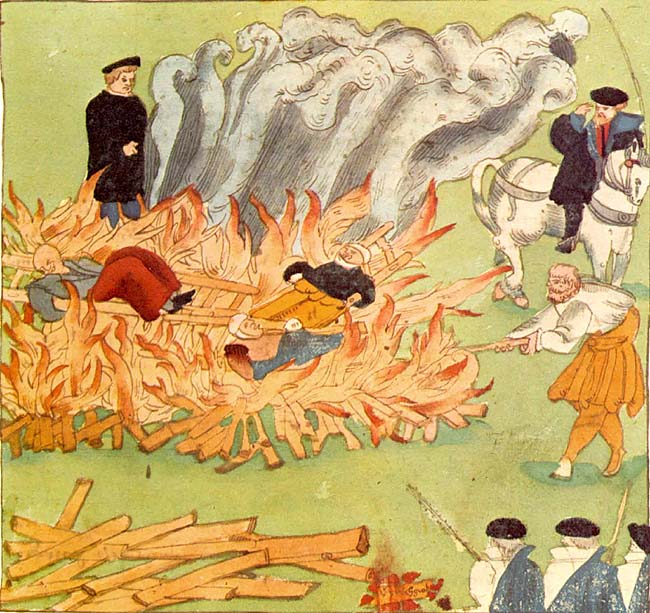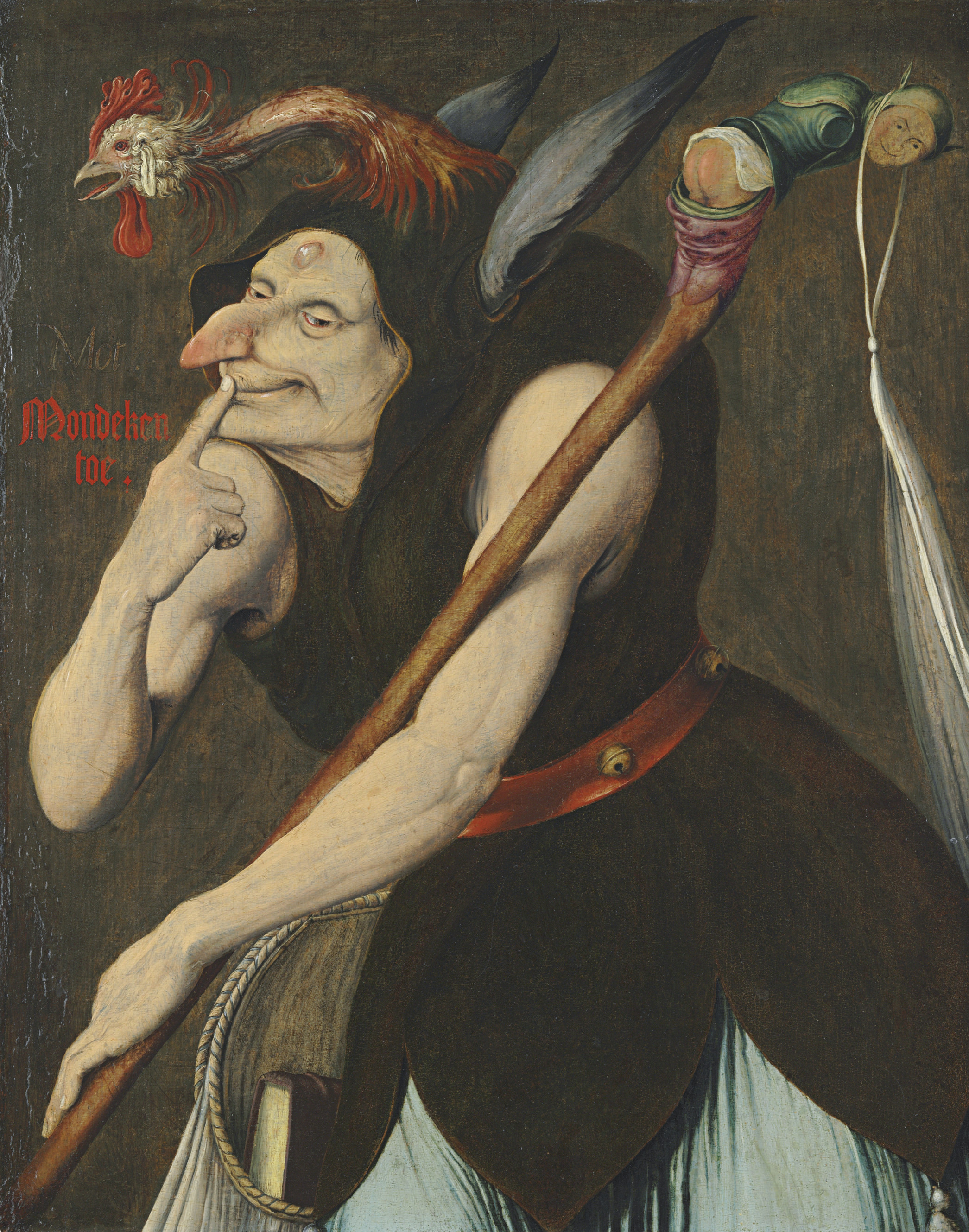|
The Witch Of Blackbird Pond
''The Witch of Blackbird Pond'' is a children's novel by American author Elizabeth George Speare, published in 1958. The story takes place in late-17th century New England. It won the Newbery Medal in 1958. Plot summary In April 1687, 16-year-old Katherine Tyler (known as Kit) leaves her home in Barbados after her grandfather dies and a 50-year-old man tries to marry her. She relocates to Wethersfield, Connecticut to live with her Aunt Rachel, Uncle Matthew, and her two cousins, Judith and Mercy, in their Puritan community. A brief stop is made in Old Saybrook, Connecticut, to pick up four new passengers. As the small rowboat returns to the ship, a young girl named Prudence accidentally drops her doll in the water and begs her harsh mother, Goodwife Cruff, to get it back for her. Impulsively, Kit jumps into the water and retrieves the doll. She is then met with astonished suspicion, as few white people in Connecticut could swim so well. Cruff is the most skeptical of them all, ... [...More Info...] [...Related Items...] OR: [Wikipedia] [Google] [Baidu] |
Elizabeth George Speare
Elizabeth George Speare (November 21, 1908 – November 15, 1994) was an American writer of children's books, best known for historical novels including two Newbery Medal winners. She has been called one of America's 100 most popular writers for children and some of her work has become mandatory reading in many schools throughout the nation. Since her books have sold so well she is cited as one of the Educational Paperback Association's top 100 authors. Speare is one of six writers with two Newbery Medals recognizing the year's "most distinguished contribution to American literature for children". In 1989 she received the Laura Ingalls Wilder Medal for her contributions to American children's literature. Life Speare was born in Melrose, Massachusetts to Harry Allan and Demetria (Simmons) George. Her childhood, as she later recalled, was "exceptionally happy" and Melrose was "an ideal place in which to have grown up, close to fields and woods where we hiked and picnicked, an ... [...More Info...] [...Related Items...] OR: [Wikipedia] [Google] [Baidu] |
Puritan Sabbatarianism
Puritan Sabbatarianism or Reformed Sabbatarianism, often just Sabbatarianism, is observance of Sabbath in Christianity that is typically characterised by devotion of the entire day to worship, and consequently the avoidance of recreational activities. Unlike seventh-day Sabbatarians, Puritan Sabbatarians practice first-day Sabbatarianism (Sunday Sabbatarianism), keeping Sunday as Sabbath and referring to it as the Lord's Day. ''Puritan Sabbath'', expressed in the ''Westminster Confession of Faith'', is often contrasted with ''Continental Sabbath'': the latter follows the Continental Reformed confessions such as the ''Heidelberg Catechism'', which emphasise rest and worship on the Lord's Day, but do not forbid recreational activities. However, John Calvin believed Christians were commanded to avoid recreation as well as work on Sunday to devote the day to worship, and during the seventeenth century there was consensus among continental as well as British Reformed theologians that t ... [...More Info...] [...Related Items...] OR: [Wikipedia] [Google] [Baidu] |
Protagonist
A protagonist () is the main character of a story. The protagonist makes key decisions that affect the plot, primarily influencing the story and propelling it forward, and is often the character who faces the most significant obstacles. If a story contains a subplot, or is a narrative made up of several stories, then each subplot may have its own protagonist. The protagonist is the character whose fate is most closely followed by the reader or audience, and who is opposed by the antagonist. The antagonist provides obstacles and complications and creates conflicts that test the protagonist, revealing the strengths and weaknesses of the protagonist's character, and having the protagonist develop as a result. Etymology The term ''protagonist'' comes , combined of (, 'first') and (, 'actor, competitor'), which stems from (, 'contest') via (, 'I contend for a prize'). Ancient Greece The earliest known examples of a protagonist are found in Ancient Greece. At first, dramatic pe ... [...More Info...] [...Related Items...] OR: [Wikipedia] [Google] [Baidu] |
Hornbook
A hornbook (horn-book) is a single-sided alphabet tablet, which served from medieval times as a primer for study, and sometimes included vowel combinations, numerals or short verse. The hornbook was in common use in England around 1450, but may originate from more than a century earlier.Plimpton, George A"The Hornbook and Its Use in America". ''Proceedings of the American Antiquarian Society'' 26 (1916): 264-72./ref> The term (hornbook) has been applied to different study materials in different fields but owes its origin to children's education, represented by a sheet of vellum or paper displaying the alphabet, religious verse, etc., protected with a translucent covering of horn (or mica) and attached to a frame provided with a handle. History Horn books, battledore books and crisscross books were all tablets designed primarily to teach the alphabet to children laid out as an abecedarium, the elementary method of teaching used from Antiquity to the Middle Ages where letters of ... [...More Info...] [...Related Items...] OR: [Wikipedia] [Google] [Baidu] |
Witch-hunt
A witch-hunt, or a witch purge, is a search for people who have been labeled witches or a search for evidence of witchcraft. The Witch trials in the early modern period, classical period of witch-hunts in Early Modern Europe and European Colonization of the Americas, Colonial America took place in the Early Modern period or about 1450 to 1750, spanning the upheavals of the Protestant Reformation, Reformation and the Thirty Years' War, resulting in an estimated 35,000 to 50,000 executions. The last executions of people convicted as witches in Europe took place in the 18th century. In other regions, like Africa and Asia, contemporary witch-hunts have been reported from sub-Saharan Africa and Papua New Guinea, and official legislation against witchcraft is still found in Saudi Arabia and Cameroon today. In current language, "witch-hunt" metaphorically means an investigation that is usually conducted with much publicity, supposedly to uncover subversive activity, disloyalty, a ... [...More Info...] [...Related Items...] OR: [Wikipedia] [Google] [Baidu] |
Dame School
Dame schools were small, privately run schools for young children that emerged in the British Isles and its colonies during the early modern period. These schools were taught by a “school dame,” a local woman who would educate children for a small fee. Dame schools were extremely localized, and could typically be found at the town or parish level. At dame schools, children could be expected to learn reading and arithmetic, and were sometimes also educated in writing. Girls were often instructed in handiwork such as knitting and sewing.Martin, Christopher. ''A Short History of English Schools'', (East Sussex: Wayland Publishers Ltd, 1979), 5, 8–9. Dame schools lasted from the sixteenth century to about the mid-nineteenth century, when compulsory education was introduced in Britain.McCann, Phillip. ''Popular education and socialization in the nineteenth century'', (London: Methuen & Co Ltd, 1977), 29–30. In many senses, dame schools were the precursors to present-day nu ... [...More Info...] [...Related Items...] OR: [Wikipedia] [Google] [Baidu] |
Stupid
Stupidity is a lack of intelligence, understanding, reason, or wit. It may be innate, assumed or reactive. The word ''stupid'' comes from the Latin word ''stupere''. Stupid characters are often used for comedy in fictional stories. Walter B. Pitkin called stupidity "evil", but in a more Romantic spirit William Blake and Carl Jung believed stupidity can be the mother of wisdom. Etymology The root word ''stupid'', which can serve as an adjective or noun, comes from the Latin verb ''stupere'', for being numb or astonished, and is related to ''stupor''. In Roman culture, the ''stupidus'' was the professional fall guy in the theatrical mimes. According to the online Merriam-Webster dictionary, the words "stupid" and "stupidity" entered the English language in 1541. Since then, stupidity has taken place along with "fool," "idiot," " dumb," " moron," and related concepts as a pejorative for misdeeds, whether purposeful or accidental, due to absence of mental capacity. Definition ... [...More Info...] [...Related Items...] OR: [Wikipedia] [Google] [Baidu] |
Flagellation
Flagellation (Latin , 'whip'), flogging or whipping is the act of beating the human body with special implements such as whips, rods, switches, the cat o' nine tails, the sjambok, the knout, etc. Typically, flogging has been imposed on an unwilling subject as a punishment; however, it can also be submitted to willingly and even done by oneself in sadomasochistic or religious contexts. The strokes are typically aimed at the unclothed back of a person, though they can be administered to other areas of the body. For a moderated subform of flagellation, described as ''bastinado'', the soles of a person's bare feet are used as a target for beating (see foot whipping). In some circumstances the word ''flogging'' is used loosely to include any sort of corporal punishment, including birching and caning. However, in British legal terminology, a distinction was drawn (and still is, in one or two colonial territories) between ''flogging'' (with a cat o' nine tails) and ''whippi ... [...More Info...] [...Related Items...] OR: [Wikipedia] [Google] [Baidu] |
Jack-o-lantern
A jack-o'-lantern (or jack o'lantern) is a carved lantern, most commonly made from a pumpkin or a root vegetable such as a rutabaga or turnip. Jack-o'-lanterns are associated with the Halloween holiday. Its name comes from the reported phenomenon of strange lights flickering over peat bogs, called '' will-o'-the-wisps'' or ''jack-o'-lanterns''. The name is also tied to the Irish legend of Stingy Jack, a drunkard who bargains with Satan and is doomed to roam the Earth with only a hollowed turnip to light his way. Jack-o'-lanterns carved from pumpkins are a yearly Halloween tradition that developed in the United States when Irish immigrants brought their root vegetable carving tradition with them. It is common to see jack-o'-lanterns used as external and internal decorations prior to and on Halloween. To make a jack-o'-lantern, the top of a pumpkin or turnip is cut off to form a lid, the inside flesh is scooped out, and an image—usually a "scary" or "funny" face—is car ... [...More Info...] [...Related Items...] OR: [Wikipedia] [Google] [Baidu] |
Quaker
Quakers are people who belong to a historically Protestant Christian set of Christian denomination, denominations known formally as the Religious Society of Friends. Members of these movements ("theFriends") are generally united by a belief in each human's ability to experience Inward light, the light within or see "that of God in every one". Some profess a priesthood of all believers inspired by the First Epistle of Peter. They include those with evangelicalism, evangelical, Holiness movement, holiness, Mainline Protestant, liberal, and Conservative Friends, traditional Quaker understandings of Christianity. There are also Nontheist Quakers, whose spiritual practice does not rely on the existence of God. To differing extents, the Friends avoid creeds and Hierarchical structure, hierarchical structures. In 2017, there were an estimated 377,557 adult Quakers, 49% of them in Africa. Some 89% of Quakers worldwide belong to ''evangelical'' and ''programmed'' branches that hold ... [...More Info...] [...Related Items...] OR: [Wikipedia] [Google] [Baidu] |
Massachusetts Bay Colony
The Massachusetts Bay Colony (1630–1691), more formally the Colony of Massachusetts Bay, was an English settlement on the east coast of North America around the Massachusetts Bay, the northernmost of the several colonies later reorganized as the ''Province of Massachusetts Bay''. The lands of the settlement were in southern New England, with initial settlements on two natural harbors and surrounding land about apart—the areas around Salem and Boston, north of the previously established Plymouth Colony. The territory nominally administered by the Massachusetts Bay Colony covered much of central New England, including portions of Massachusetts, Maine, New Hampshire, and Connecticut. The Massachusetts Bay Colony was founded by the owners of the Massachusetts Bay Company, including investors in the failed Dorchester Company, which had established a short-lived settlement on Cape Ann in 1623. The colony began in 1628 and was the company's second attempt at colonization. It was su ... [...More Info...] [...Related Items...] OR: [Wikipedia] [Google] [Baidu] |
Eleazer Kimberly
Eleazer Kimberly (November 17, 1639 - February 3, 1709)"Eleazer Kimberly" ''lythgoes.net''. Retrieved 2010-12-13. was the sixth . Born in , to Thomas Kimberly and Alice Atwood of , Kimberly was reportedly the first male child born in New Haven.McGhan, Judith. [...More Info...] [...Related Items...] OR: [Wikipedia] [Google] [Baidu] |



_-_A_Dame's_School_-_N00427_-_National_Gallery.jpg)




